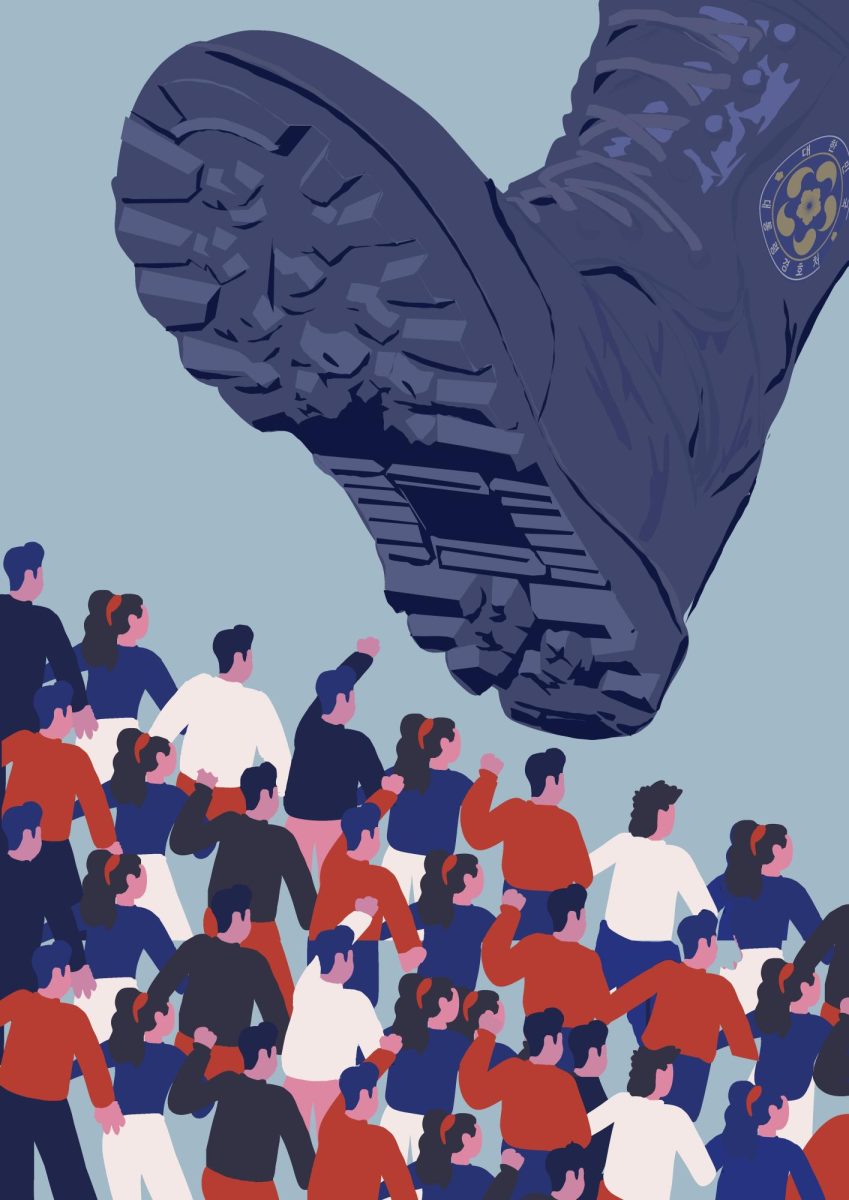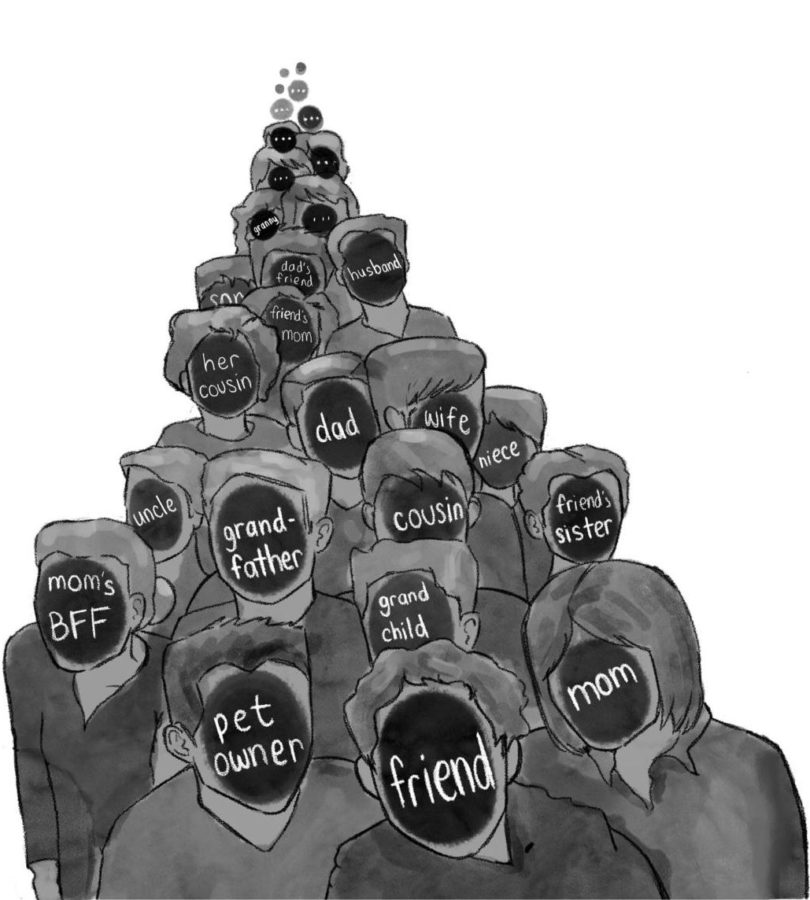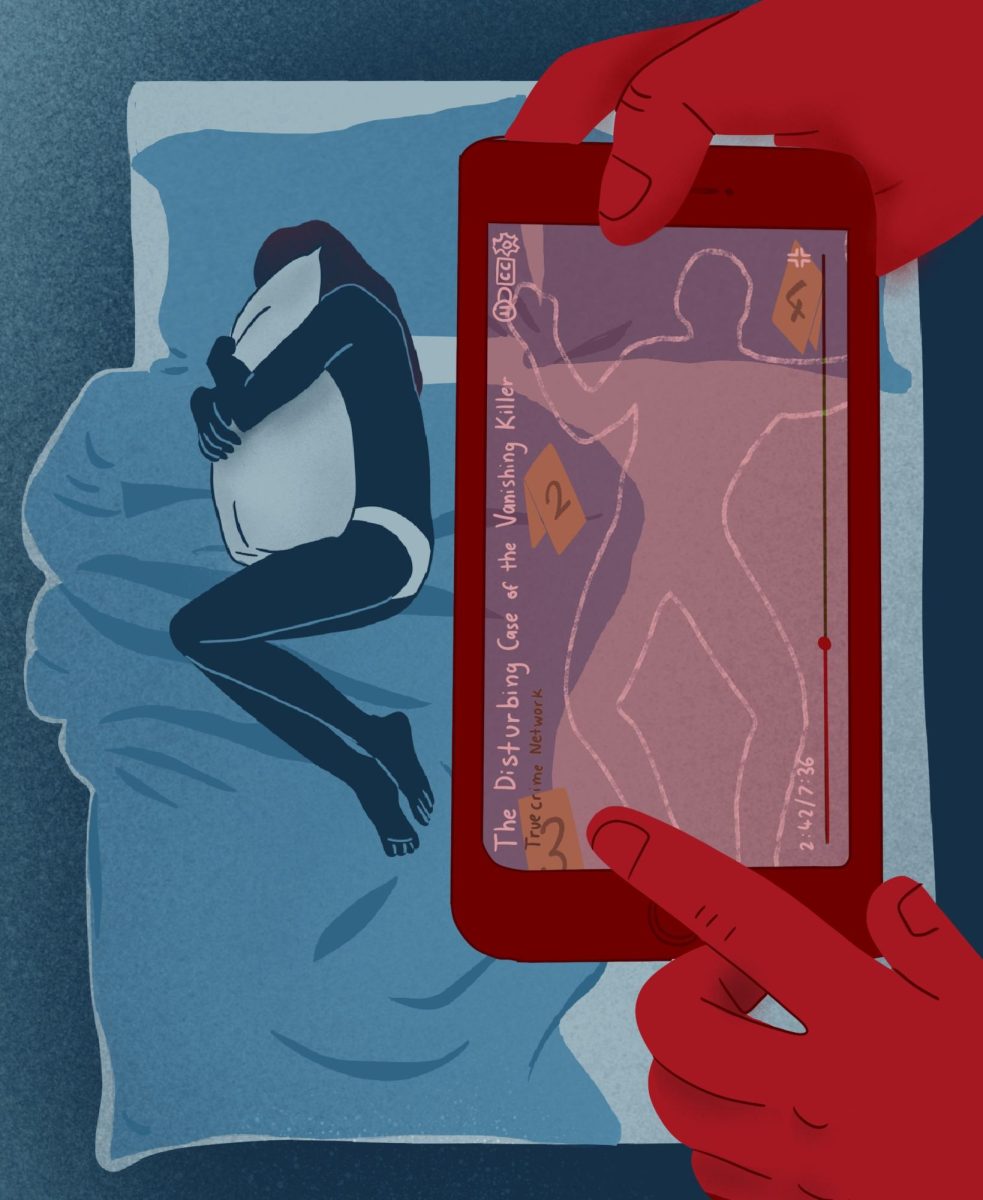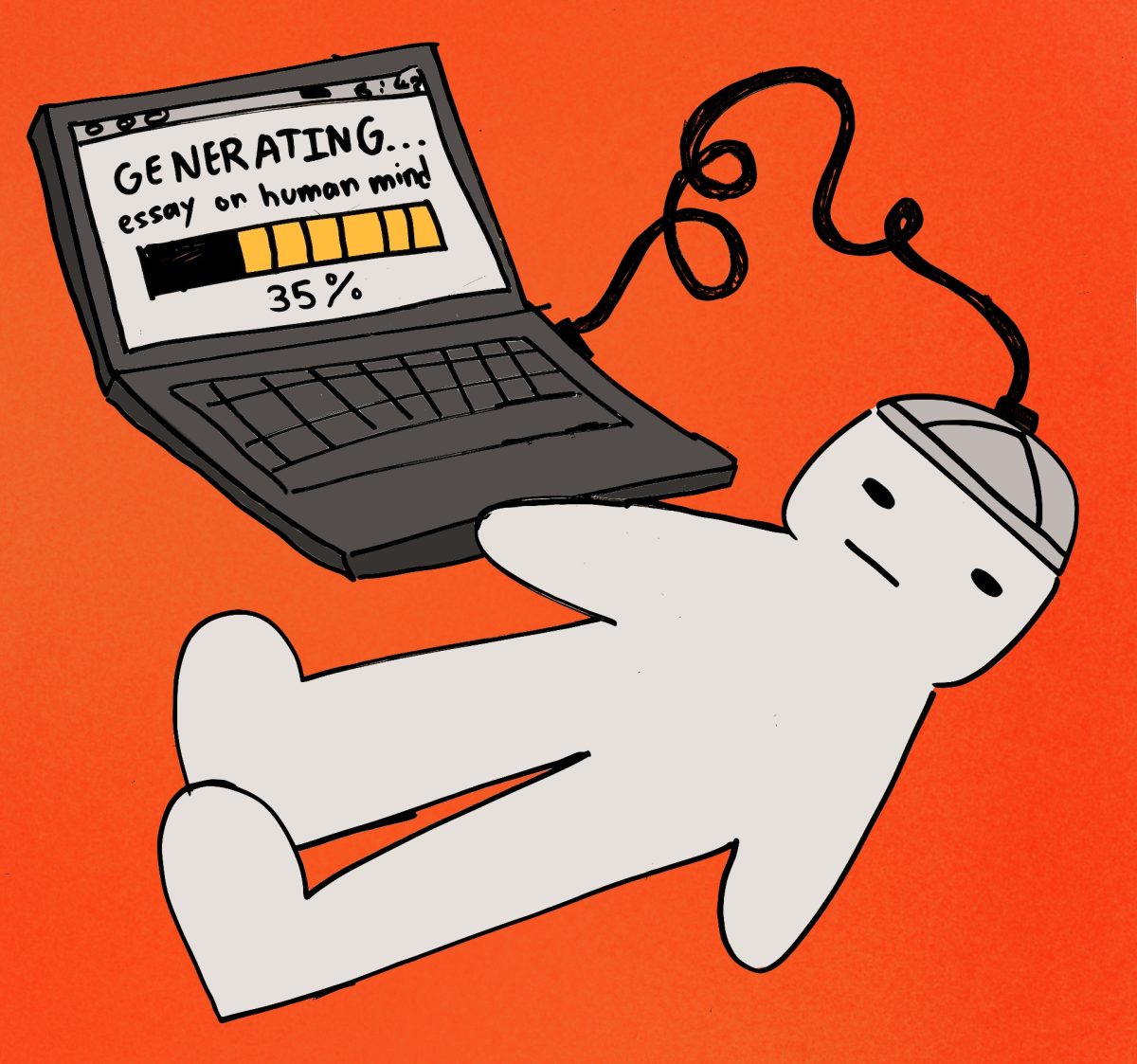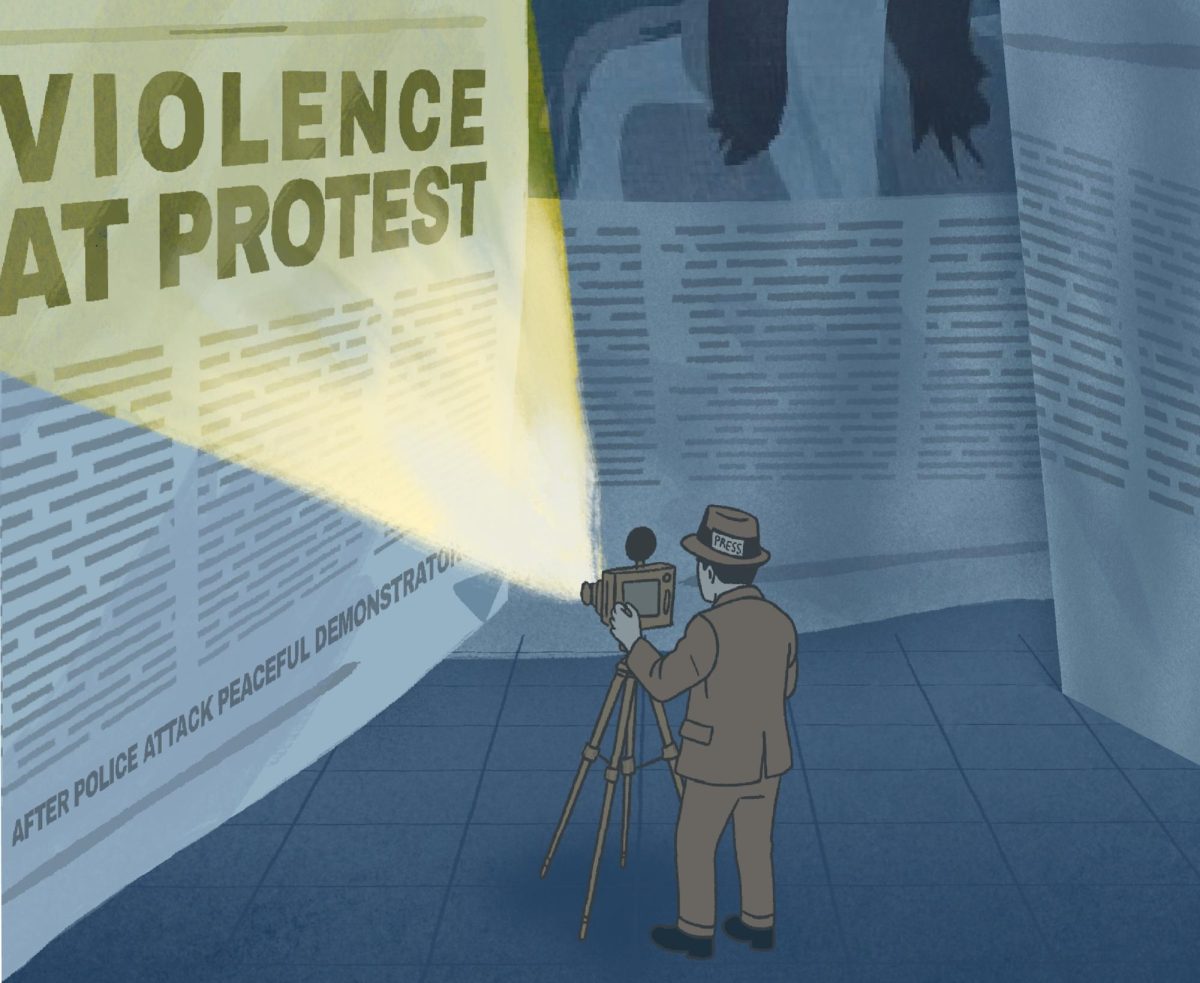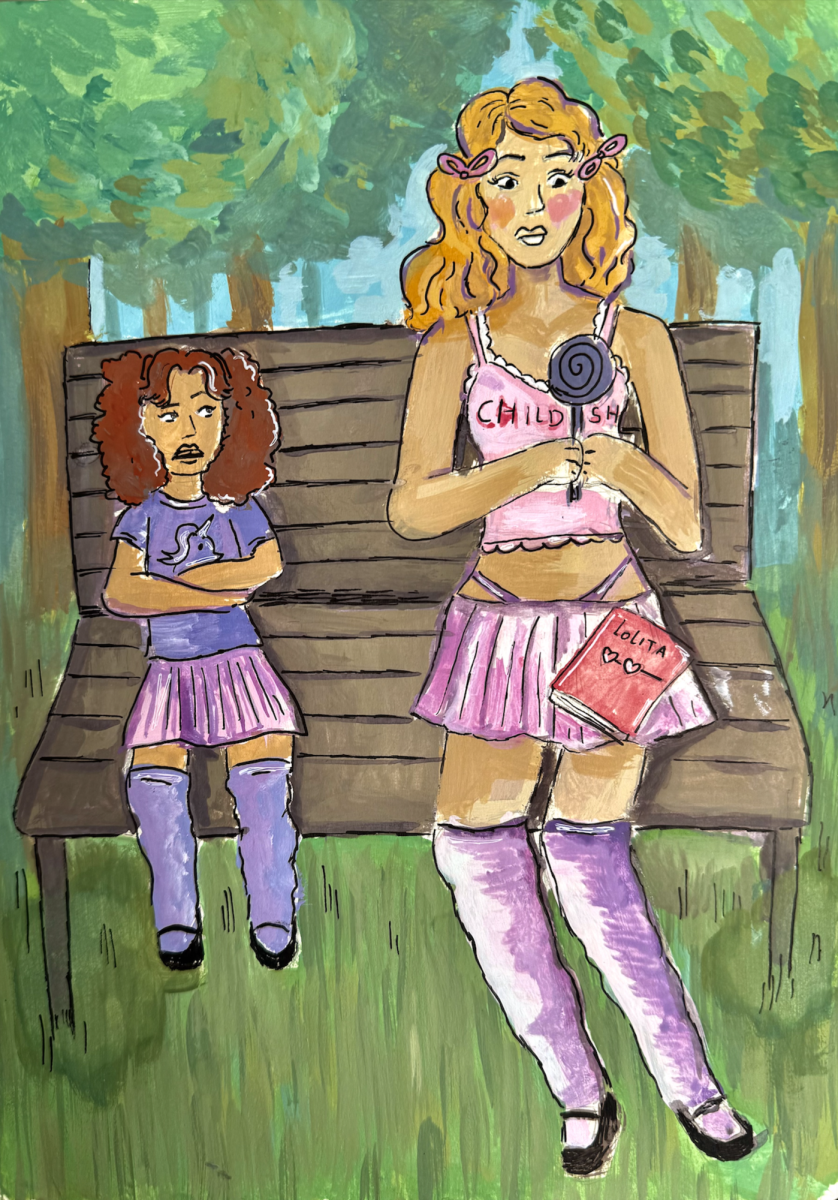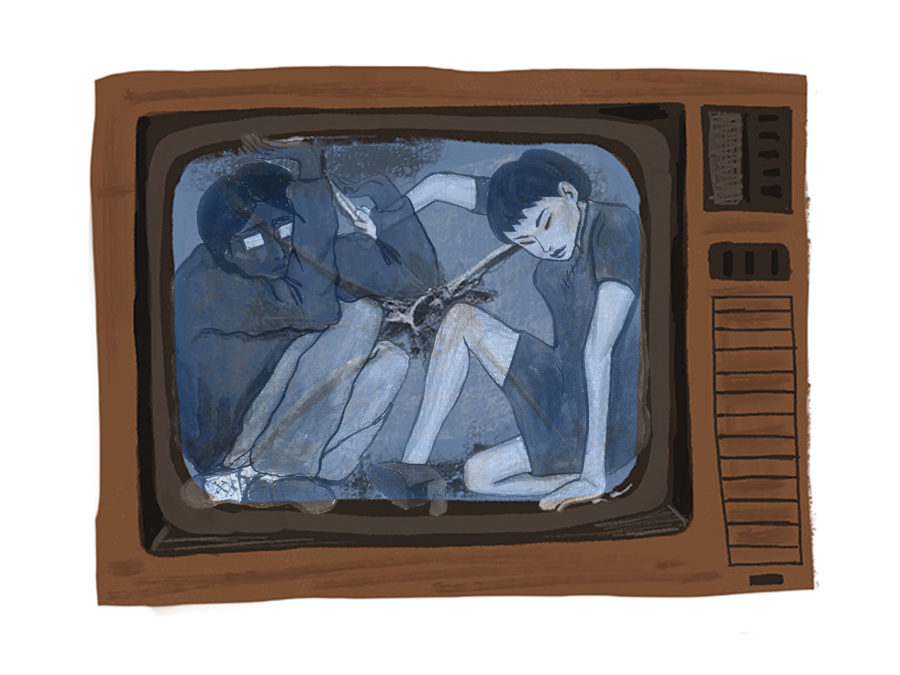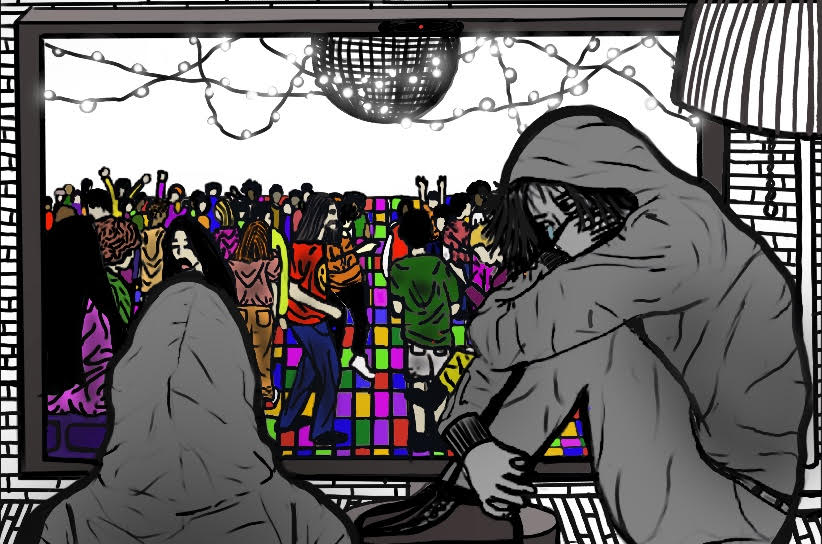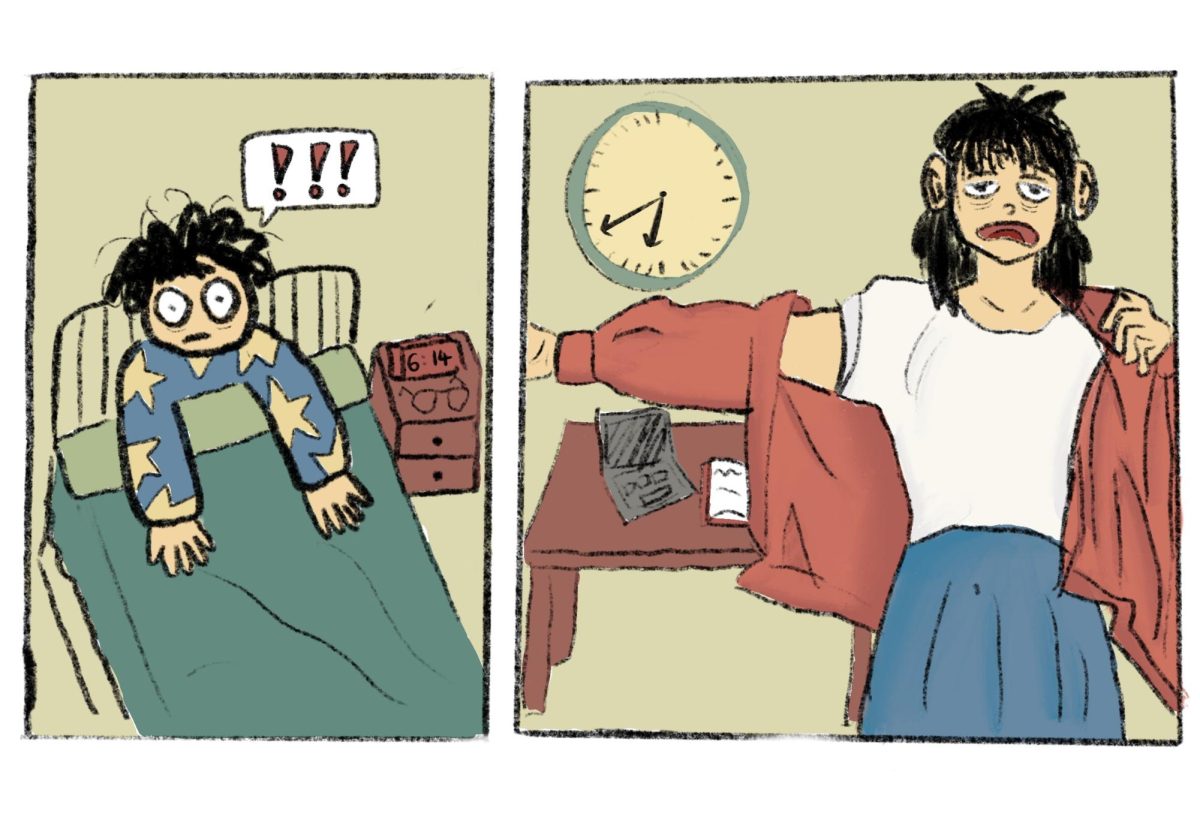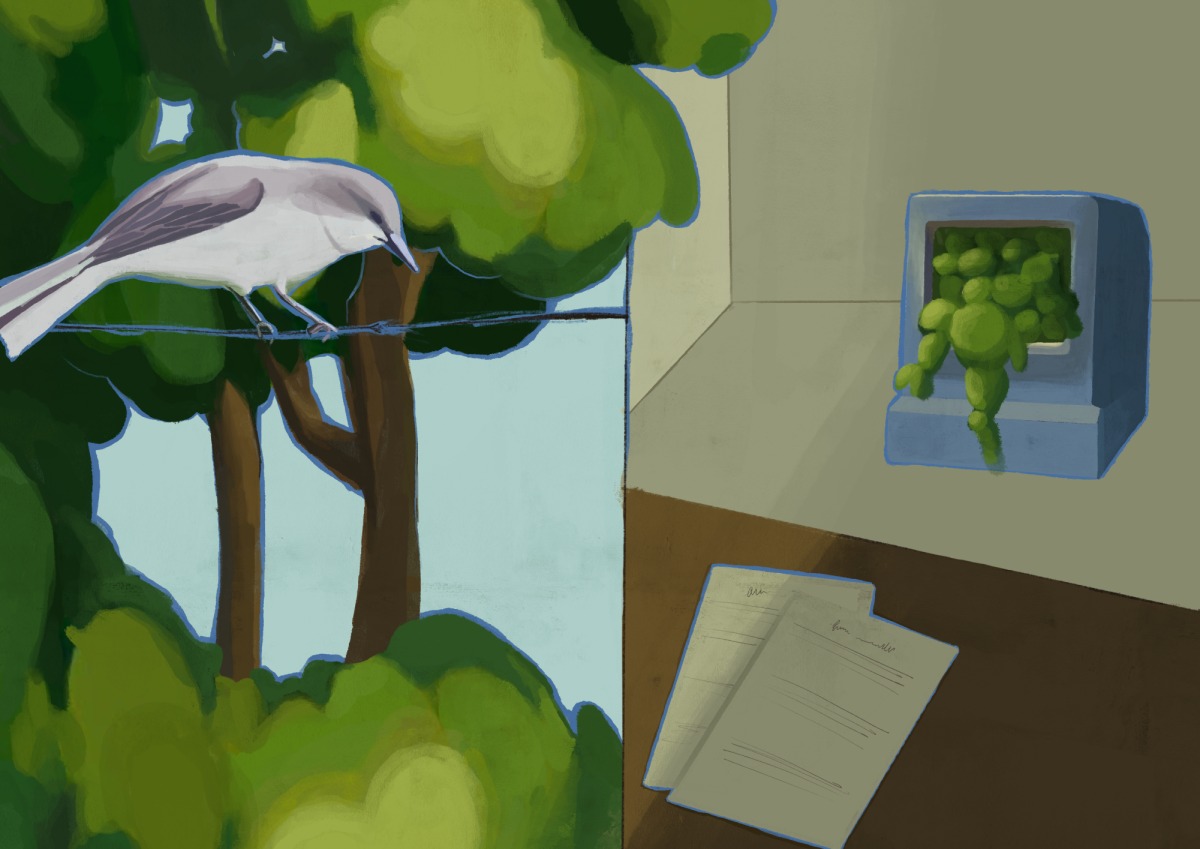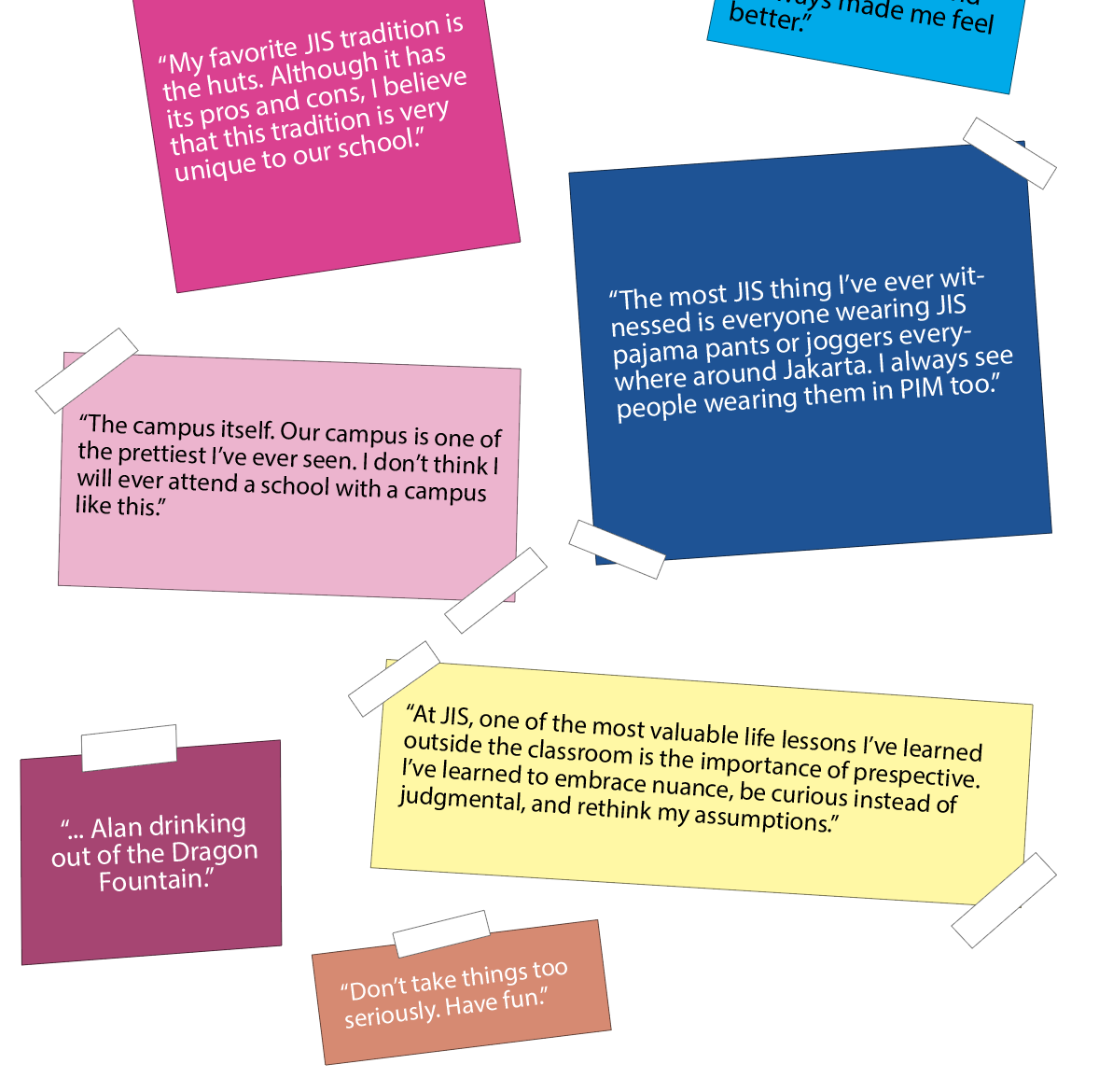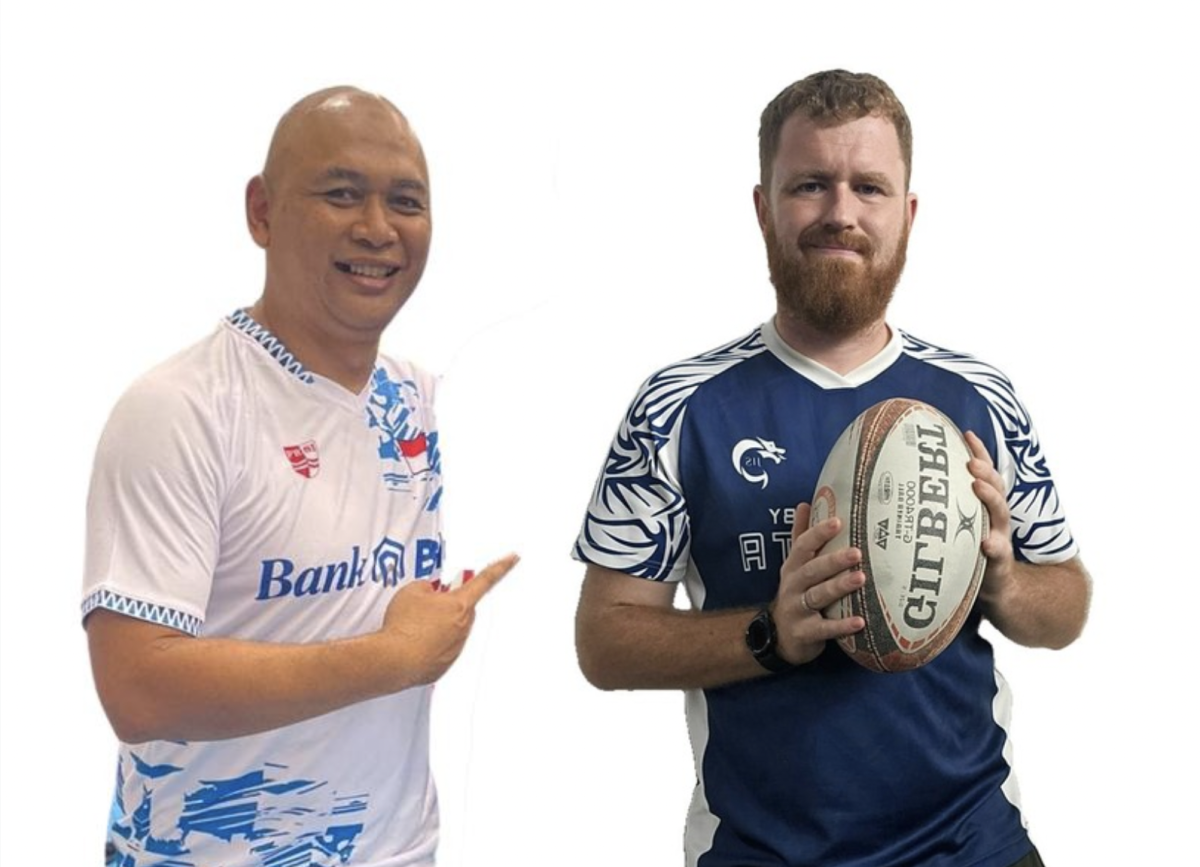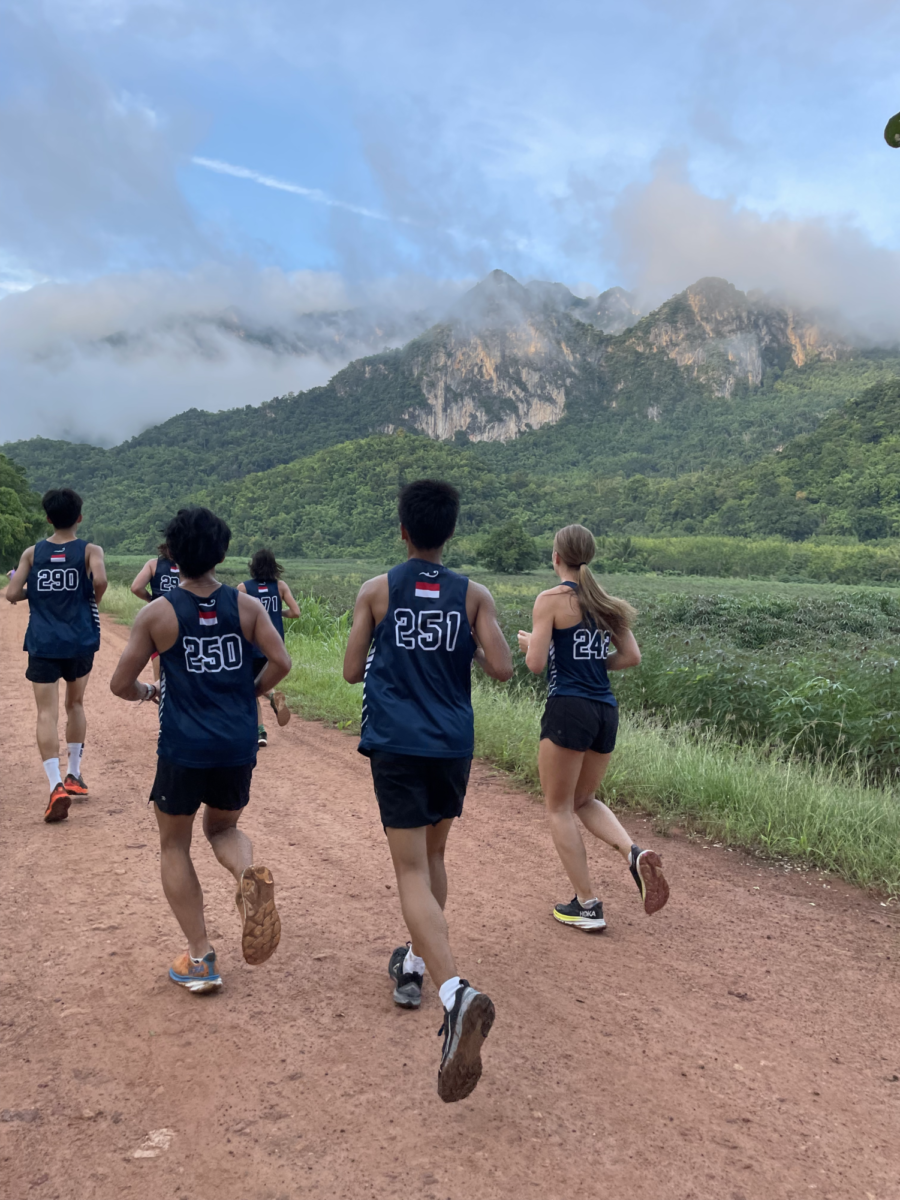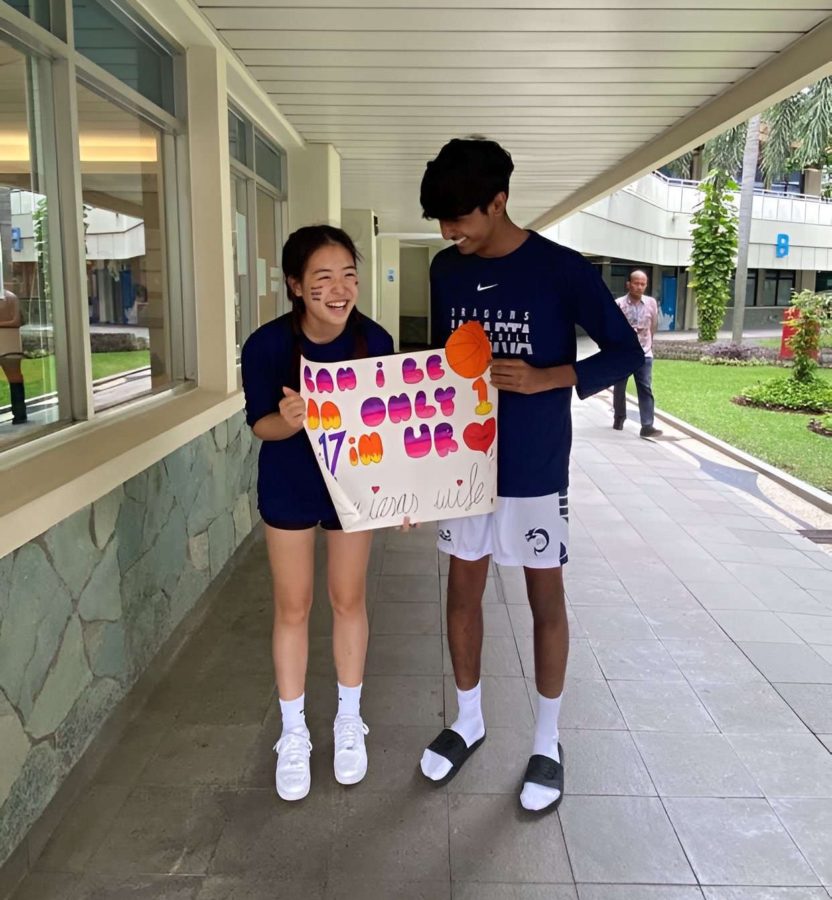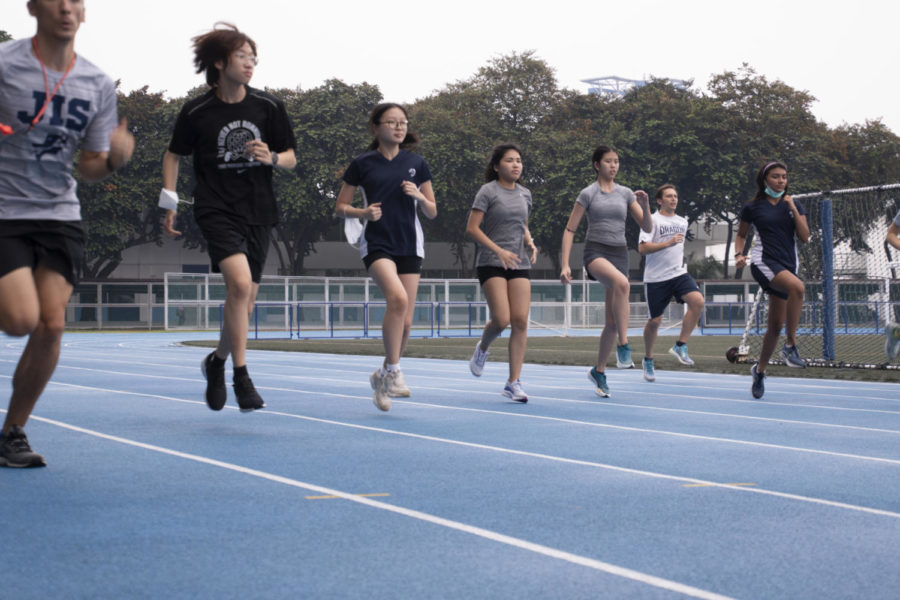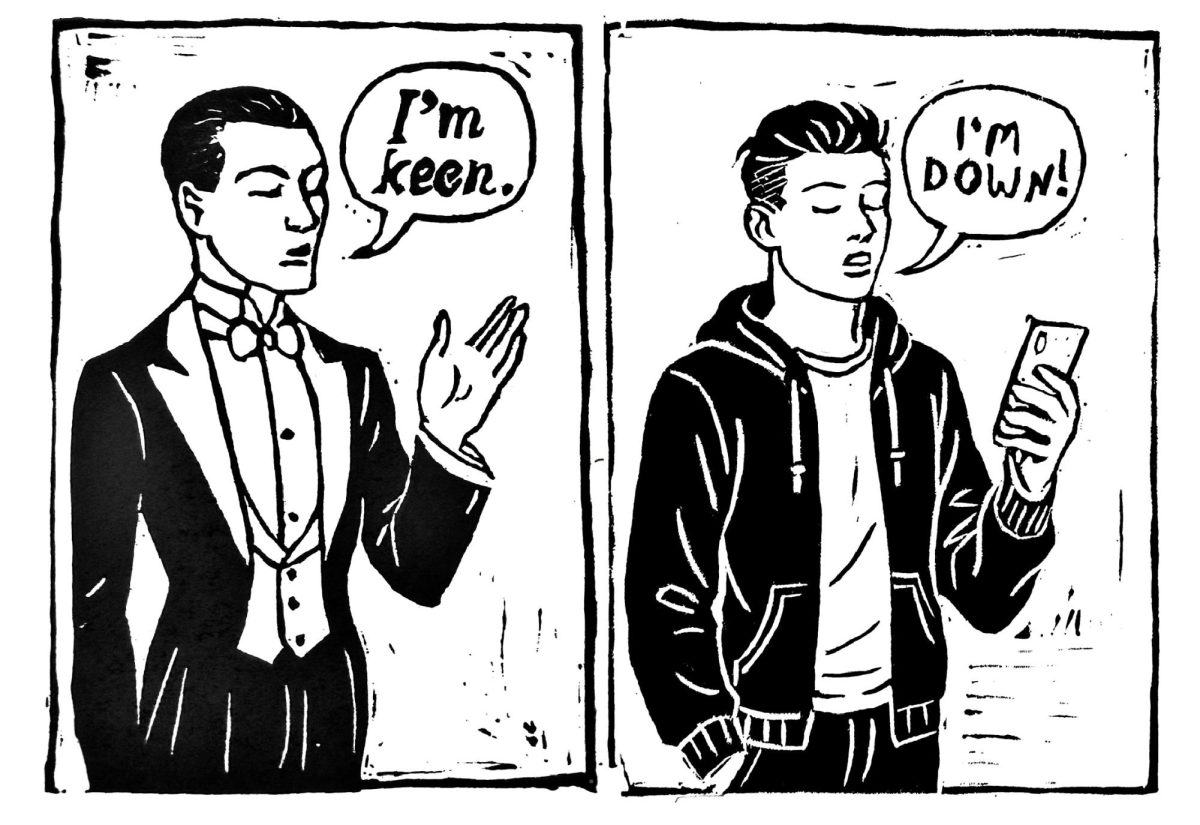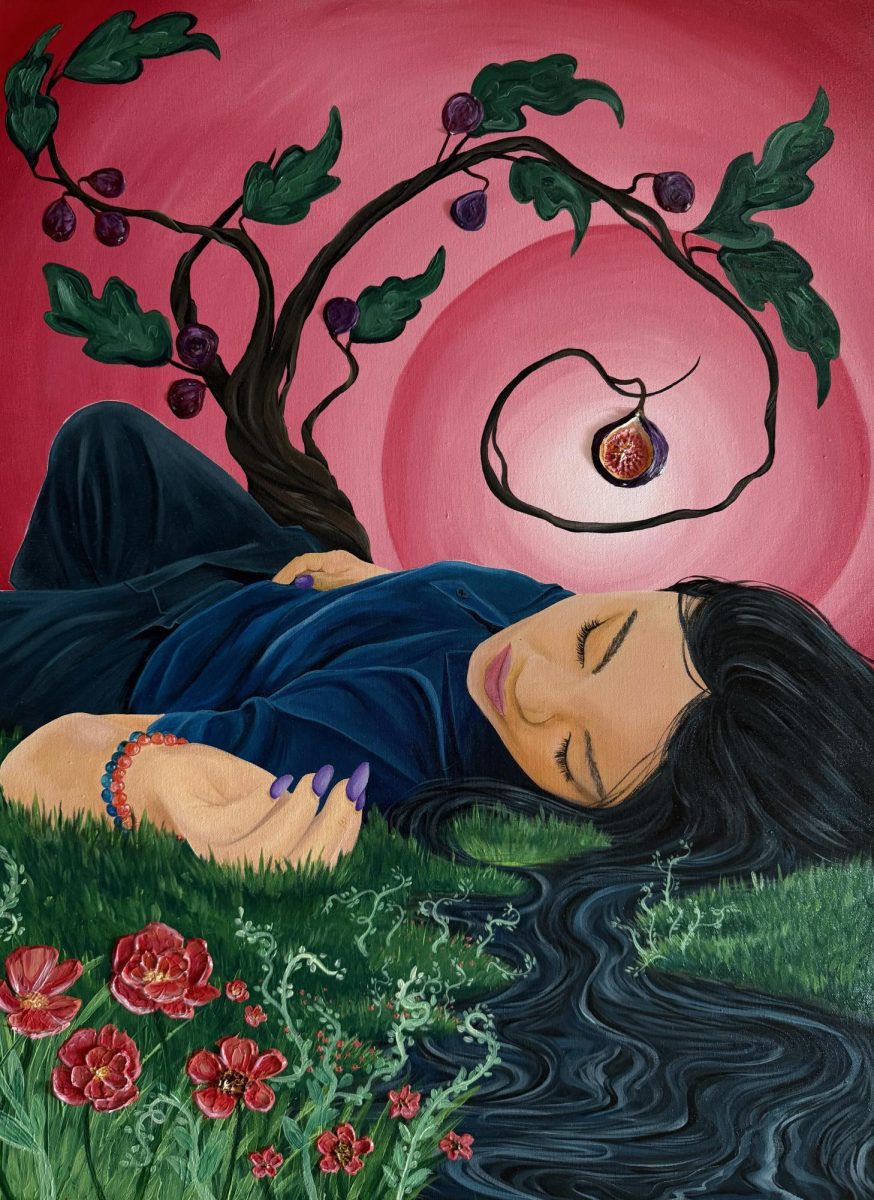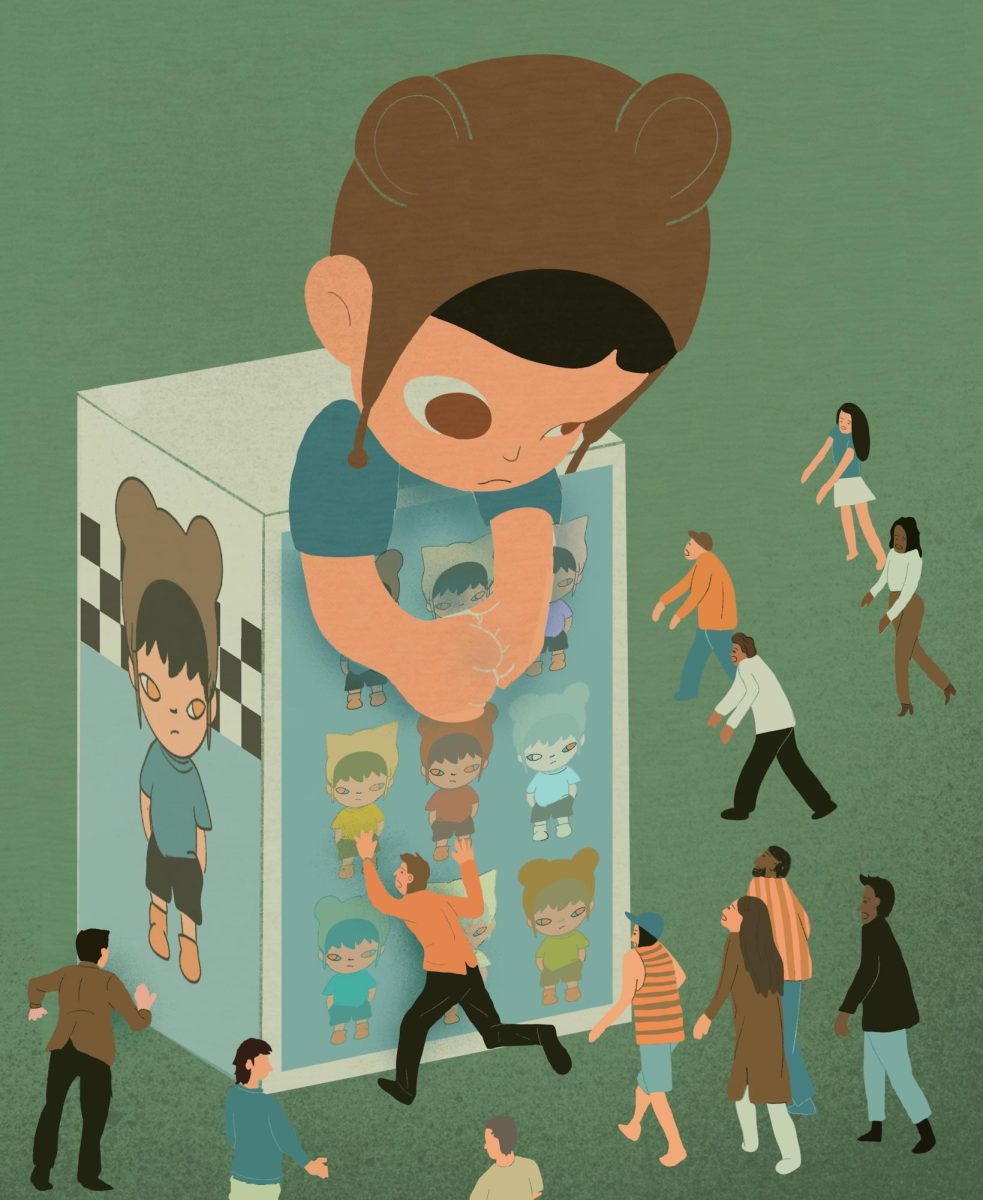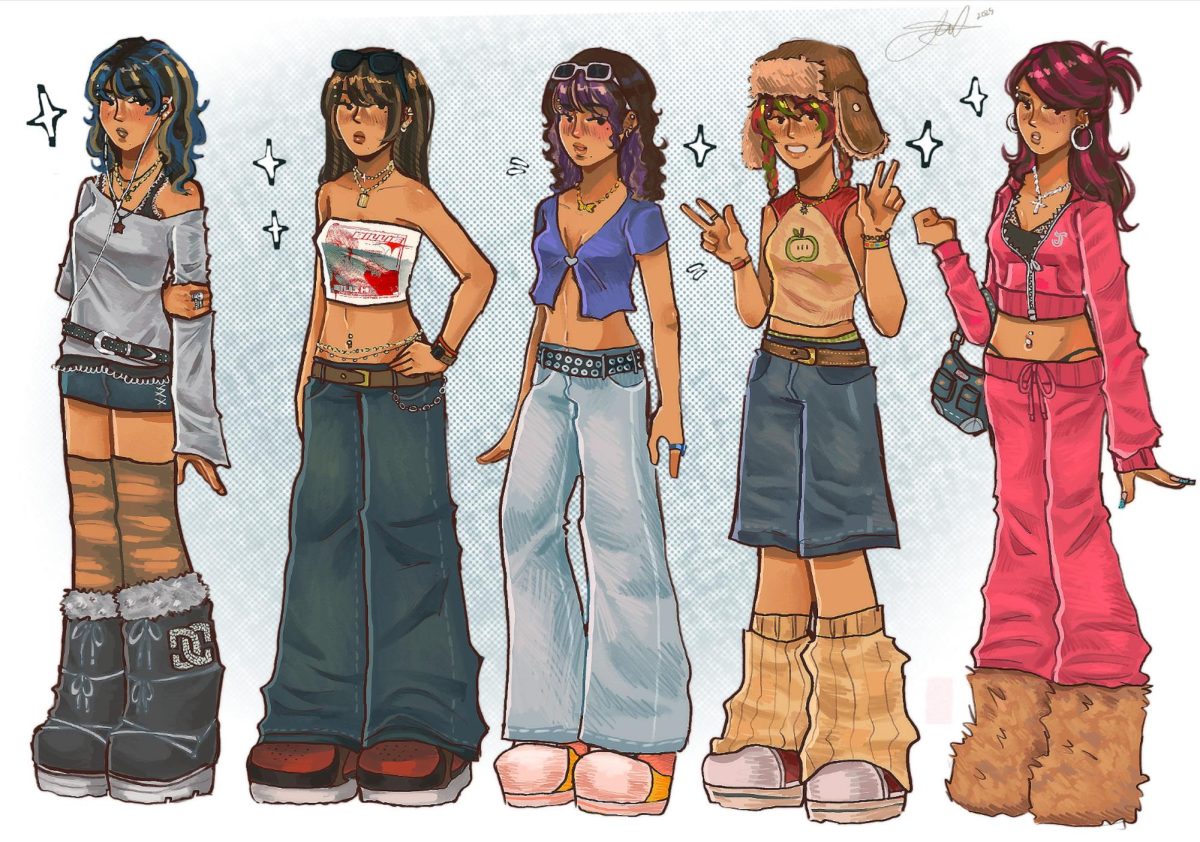A graduation requirement for high school students at JIS is to participate in service learning every year. While the Oxford Dictionary defines community service as “voluntary work intended to help people in a particular area,” many students regard it as the mere act of shaking hands with orphans in front of a camera, or attending weekly service clubs to catch up on Snapchat streaks.
With a total of eight networks and an average of five clubs for each, a wide range of service clubs are available for students to join. JIS, according to the High School Handbook, “[takes] pride in [its] long-lasting and extensive service curriculum” that “[strives] to be change-makers breaking society’s stereotypical norms” and emphasize “a humanitarian approach to being Best for the World.”
Community service is indeed a crucial component all students should learn and experience throughout their high school career. However, when this becomes mandatory, the aftermath overweighs the benefits.
Necessitating service learning as a graduation requirement induces students to view their participation in service activities as nothing more than another obligation. In fact, a survey released by Feedback revealed that the primary reason for more than half of the JIS student body to engage in service was either for graduation requirements or college applications.
In this case, the absence of purpose or sincerity in the “voluntary” work led and pursued by students can, in turn, leave the privileged feeling even more privileged and the less fortunate feeling less hopeful.
“I was just shocked by the level of empathy demonstrated at a service visit,” one service club member said. “Members arrived later than our service partners did and used such condescending language.”
Without the motivation or the empathy to empower students to explore the true purpose of service learning and think deeply about how or why they should care for the local community, students not only waste their own time but also adversely affect their service partners.
“I run a theater service club where [our] goal is to foster a fun and energetic environment for the kids. Sometimes members misinterpret that as an opportunity to bounce off the walls, forgetting that there are other kids involved!” one student lamented.
These accounts demonstrate how detached and apathetic students do no more but evoke unpleasant, or even traumatic, experiences for the children in need. And yet, it is the local communities that are supposed to benefit most out of the service opportunities at the end of the day, not the students.
Meanwhile, if it was not for the first service trip he had to sign up for as a JIS high school student, Jimmy Masrin—class of 1980, a member of the Indonesian and International board of the nonprofit organization Habitat for Humanity—wouldn’t have been able to be the “biggest cheerleader, passionate supporter” of community service he is now.
Keya Kunwar, a member of the service council, has been at JIS since she was six years old. “JIS is very service-oriented, and service is built into the curriculum, so I feel like just the amount of service opportunities that were [available] since elementary, middle, and high school naturally built my interest in service,” she said.
As the chair of JIS Peduli for over ten years, alumnae Derice Sumantra works to “give back to the school that gave [her] so much.” Through the “70 years of history of…service” at JIS, she has realized how hard Dragons strive to create “value in Indonesia through service and really explore how to do it right.”
“We intentionally provide the curriculum that we think can prepare students for university, [ensuring] that students have the opportunity to socialize and get involved in clubs and activities that allow them to unite around shared interests,” Mr. Tavares, a high school counselor at JIS, said. “All we can do as a school is offer these opportunities to students. What we can’t necessarily do is change the mindset for students.”
If mandated service only means superficial empathy, how can we aspire to be best for the world—when we even struggle to be better for Indonesia?

